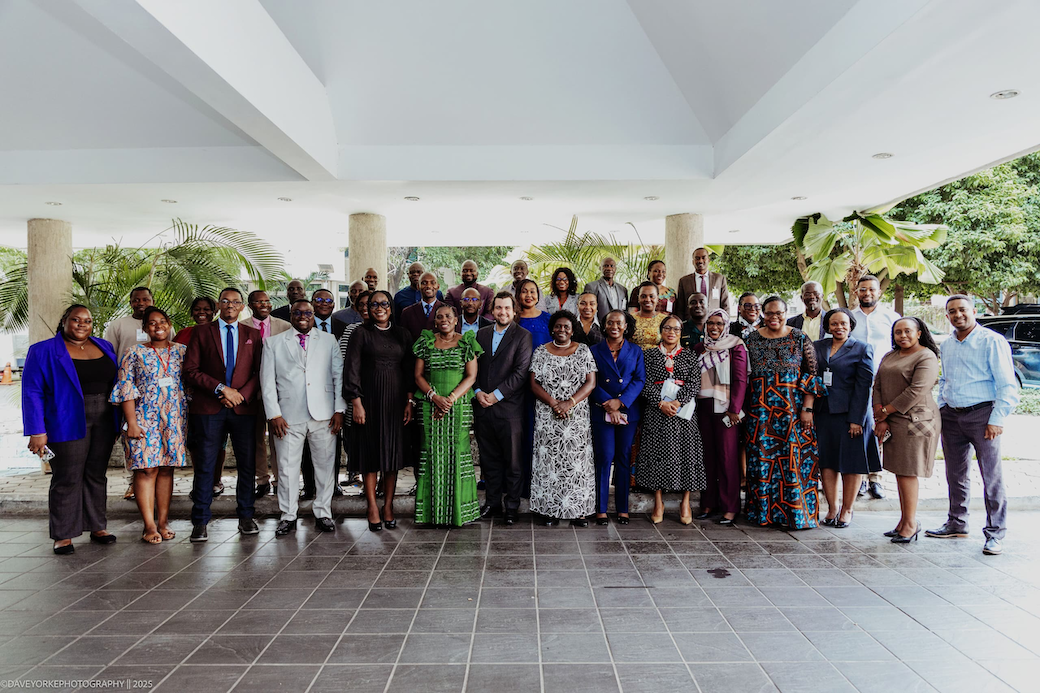Topic Resources
February 10, 2022
Agenda 2063 is Africa’s development blueprint to achieve inclusive and sustainable socio-economic development over a 50-year period.
November 18, 2025
We, Heads of State and Government of Member States of the African Union, guided by the principles of Agenda 2063 and sustainable developm
November 15, 2025
November 05, 2025
WE, the Heads of State and Government of the African Union Member States (Full List of Attending Heads of State and Government), gathered
October 22, 2026
November 27, 2025
November 24, 2025
November 24, 2025


